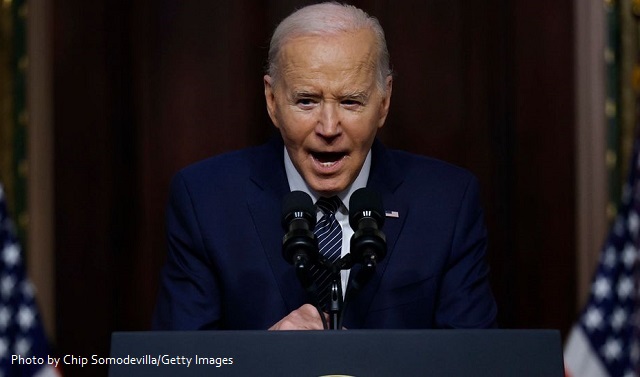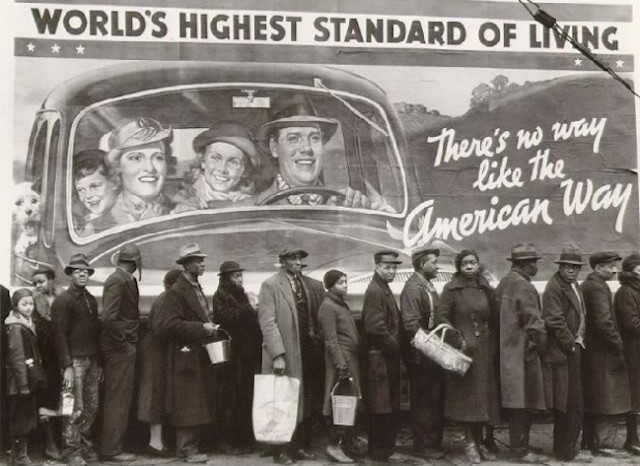White House Announces Plan To Protect Bureaucrats From Being Fired By New Trump Admin

President Joe Biden’s administration announced its plan on Thursday to protect bureaucrats from being fired by a potential second Trump administration.
The U.S. Office of Personnel Management (OPM) finalized a rule that protects employees in the civil service by preventing the removal of their status and protections involuntarily, according to a press release. Under the new rule, an administration wishing to shift federal employees to a new category making them easier to fire would have to go through an elongated process, a move meant to be more time-consuming for a future president, Politico reported.
“Career federal employees deliver critical services for Americans in every community,” OPM Director Kiran Ahuja said in a press release. “This final rule honors our 2.2 million career civil servants, helping ensure that people are hired and fired based on merit and that they can carry out their duties based on their expertise and not political loyalty. The Biden-Harris Administration is deeply committed to the federal workforce, as these professionals are vital to our national security, our health, our economic prosperity, and much more.”
OPM just finalized a regulation upholding civil service protections for most of the country’s 2.2 million federal employees. Federal employees should be hired based on their skills & expertise – not on political considerations.
Learn more here:https://t.co/vVULOTfBWH
— U.S. Office of Personnel Management (@USOPM) April 4, 2024
The rule is widely viewed as a response to an executive order signed in 2020 by former President Donald Trump, Politico reported. The executive order targeted federal workers, removing protections from some employees and make it easier for the president to hire and fire them.
The executive order took some entrenched bureaucrats “in positions of a confidential, policy-determining, policy-making, or policy-advocating character” and put them in a different category considered “Schedule F,” making them easier to fire.
The OPM rule quotes this language directly, even referencing “Schedule F.”
The final rule advances “policy goals,” the press release states, by “clarifying that the phrase ‘confidential, policy determining, policymaking, or policy-advocating’ positions—a term of art to describe positions that lack civil service protections—means noncareer, political appointments. This rule prevents that exception from being misapplied to career civil servants.”
“Schedule F,” the OPM press release stated, would have rid employees of their civil service protections which ensure that employment decisions are “based on merit, not political considerations. ”
The final rule is set to be published in the Federal Register on Thursday, the press release stated.
“This rule is about making sure the American public can continue to count on federal workers to apply their skills and expertise in carrying out their jobs, no matter their personal political beliefs,” OPM Deputy Director Rob Shriver told reporters, according to Politico.
In addition to Trump’s executive order, conservatives have pushed the importance of remaking the federal bureaucracy, and Trump allies have indicated it could be a key priority in a second term. In 2023, a majority of political donations made by federal employees went to President Joe Biden and fellow Democrats, a Daily Caller News Foundation analysis found.
AUTHOR
REAGAN REESE
White House correspondent. Follow Reagan on Twitter.
RELATED ARTICLES:
Part-Time Jobs Are Booming Under Biden As Americans Look To Make Ends Meet
Migrants’ Monthly Payment in NYC Is Higher Than Veterans Compensation
EDITORS NOTE: This Daily Caller column is republished with permission. ©All rights reserved.





